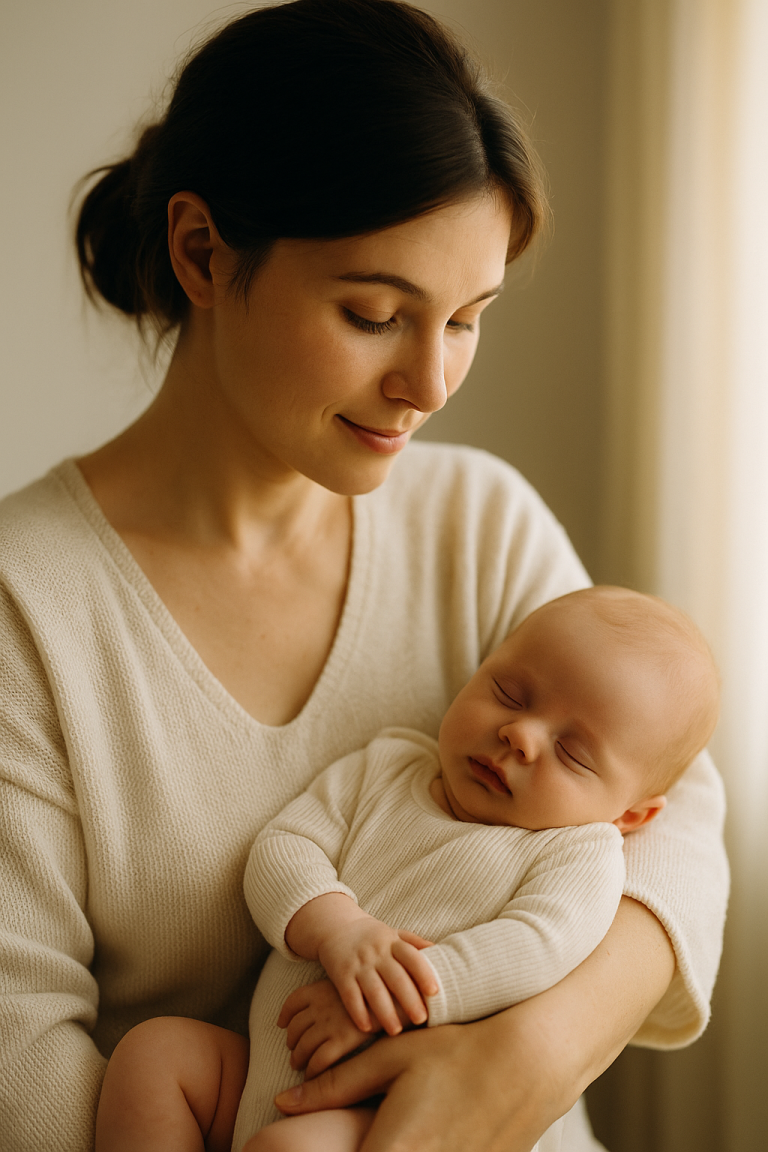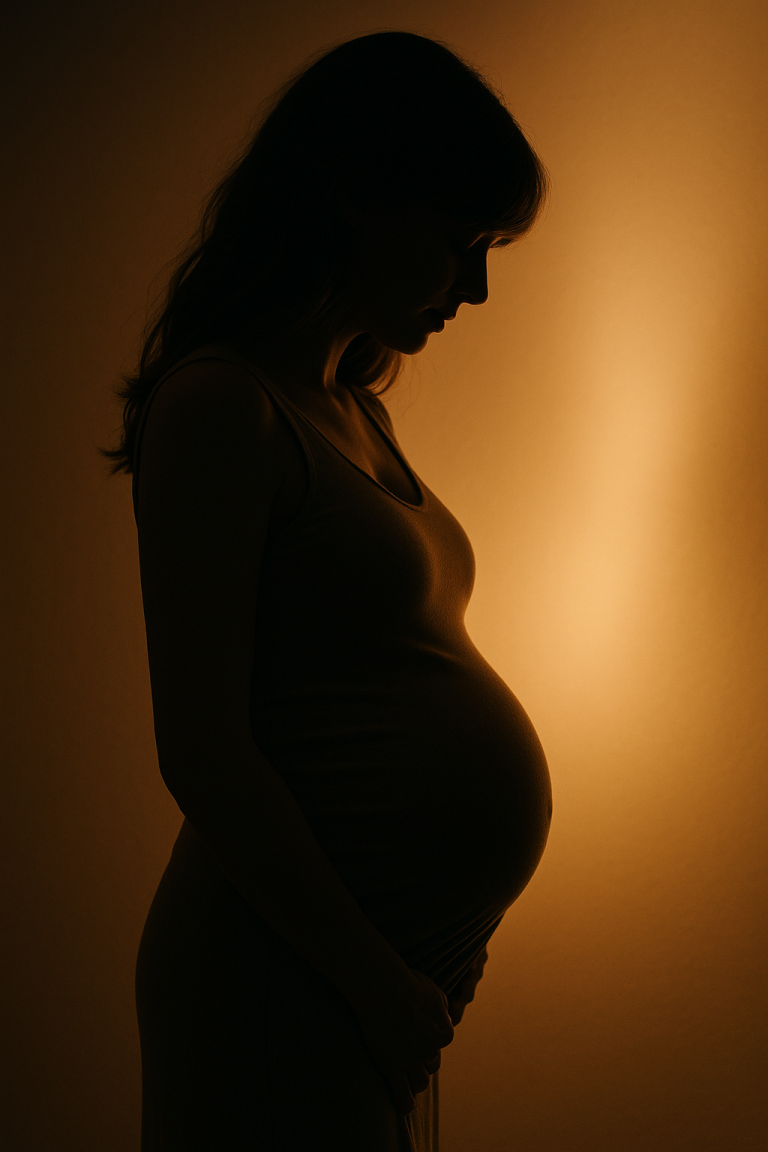Kindergarten Time: Identity, Emotions & Hormonal Development (3–6 Years)
- Consistent routine — Keep regular times for sleep, meals, and play; it reduces stress and supports hormonal balance.
- Name the emotions — “You seem sad/angry/happy…” Help your child connect feelings with words.
- Daily symbolic play — Drawing, pretend play, building; it’s how children naturally process emotions.
- Outdoor movement — 60–90 minutes a day; improves sleep, appetite, and cortisol–melatonin balance.
- Simple, colorful plate — Include proteins, vegetables/fruits, and healthy fats; offer water with every meal.
- Sleep hygiene — 10–13 hours per 24 hours; no screens before bedtime, use warm light, repeat a calm bedtime ritual.
- Gentle, consistent limits — Few clear rules; briefly explain “why,” then redirect to play.
✨ Between ages 3 and 6, children begin to shape their identity, learn to name emotions, and experience small hormonal bursts linked to growth and sleep rhythms. These early years lay the foundation for emotional intelligence and balanced growth.
Discover more in Chapter 3: Kindergarten Time: Identity, Emotions, and Hormonal Development (3 – 6 years) from the Lumora-Raio Hormonal Health Guide.




